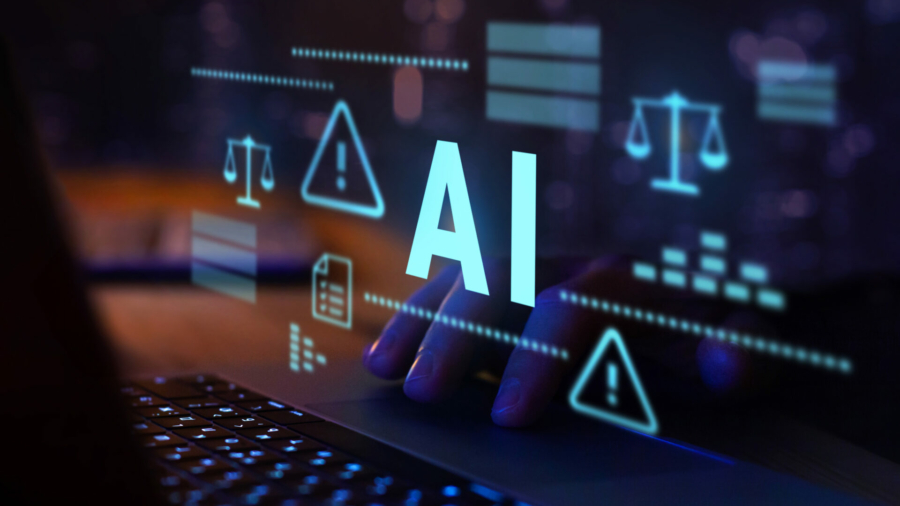In recent years, Artificial Intelligence (AI) has rapidly evolved and today, it is revolutionizing technology and transforming various industries, from healthcare to finance. This cutting-edge technology is changing the way we live, work, and interact with the world around us.
Enhancing Efficiency and Accuracy
One of the key benefits of AI is its ability to enhance efficiency and accuracy in various tasks. In industries such as manufacturing, AI-powered robots can perform repetitive tasks with precision and speed, leading to increased productivity. In healthcare, AI algorithms can analyze medical images and data to assist doctors in diagnosing diseases more accurately and quickly. This not only improves patient outcomes but also reduces the risk of human error.
Personalized Experiences
AI has also enabled the creation of personalized experiences for consumers. For example, e-commerce platforms use AI algorithms to analyze customers’ browsing and purchasing behavior to recommend products that are tailored to their preferences. Streaming services like Netflix and Spotify use AI to suggest movies, TV shows, and music based on users’ past viewing and listening habits. This level of personalization has greatly improved user satisfaction and engagement.
Driving Innovation
AI is driving innovation across various industries by enabling businesses to develop new products and services that were previously unimaginable. For example, in the transportation industry, AI is playing a key role in the development of autonomous vehicles. These self-driving cars are equipped with AI algorithms that allow them to navigate roads, avoid obstacles, and make decisions in real-time. This technology has the potential to revolutionize transportation and reduce accidents caused by human error.
Challenges and Considerations
While the benefits of AI are undeniable, there are also challenges and considerations that need to be taken into account. One major concern is the potential impact of AI on the job market. As AI becomes more prevalent, there is a risk that certain jobs may be automated, leading to job displacement for some workers. Additionally, there are ethical considerations surrounding the use of AI, such as ensuring transparency and accountability in AI algorithms to prevent bias and discrimination.
In conclusion, AI is revolutionizing technology and our world in ways that we have never seen before. From enhancing efficiency and accuracy to driving innovation and creating personalized experiences, the potential of AI is limitless. However, it is important for businesses and policymakers to address the challenges and consider the ethical implications of AI as it continues to reshape our society.

